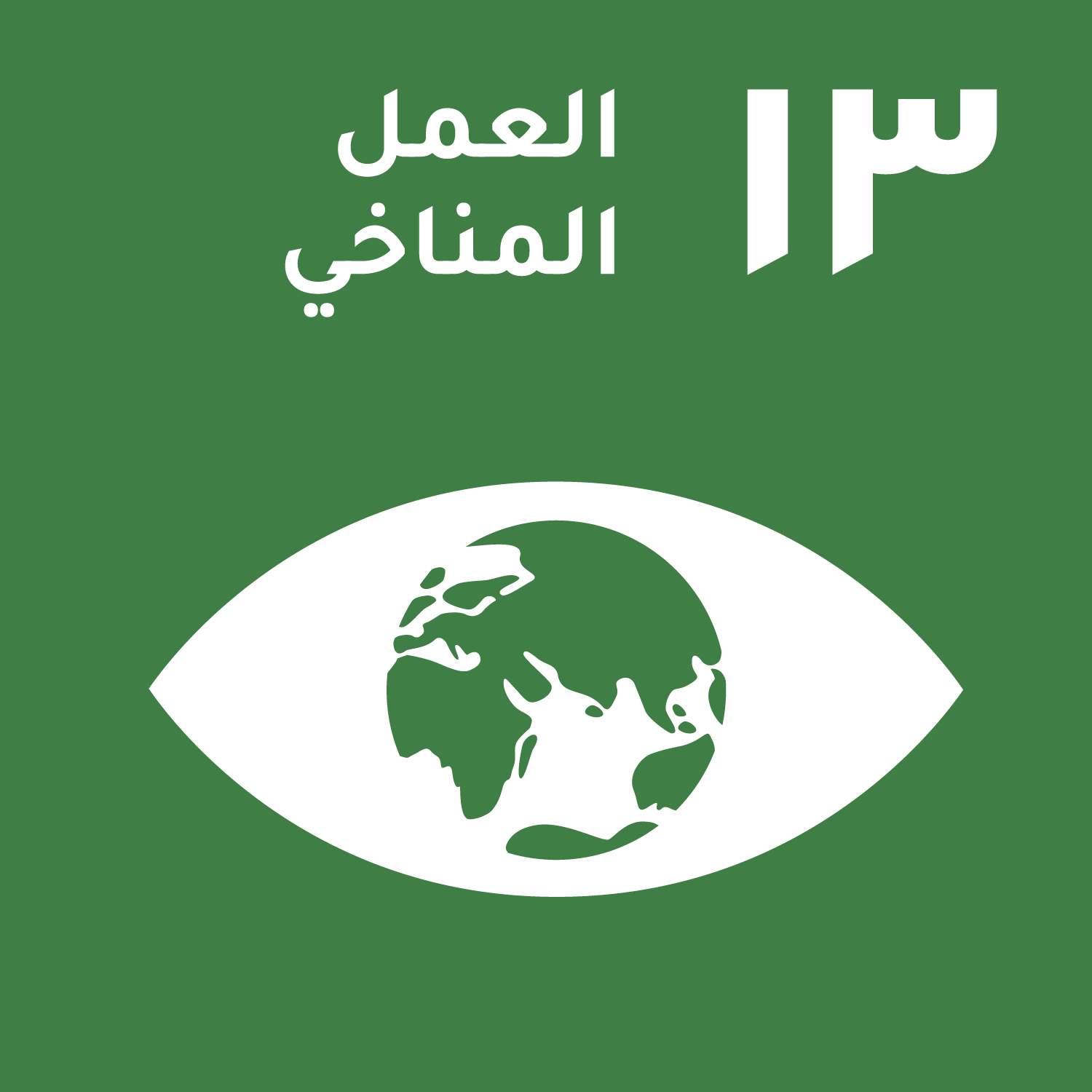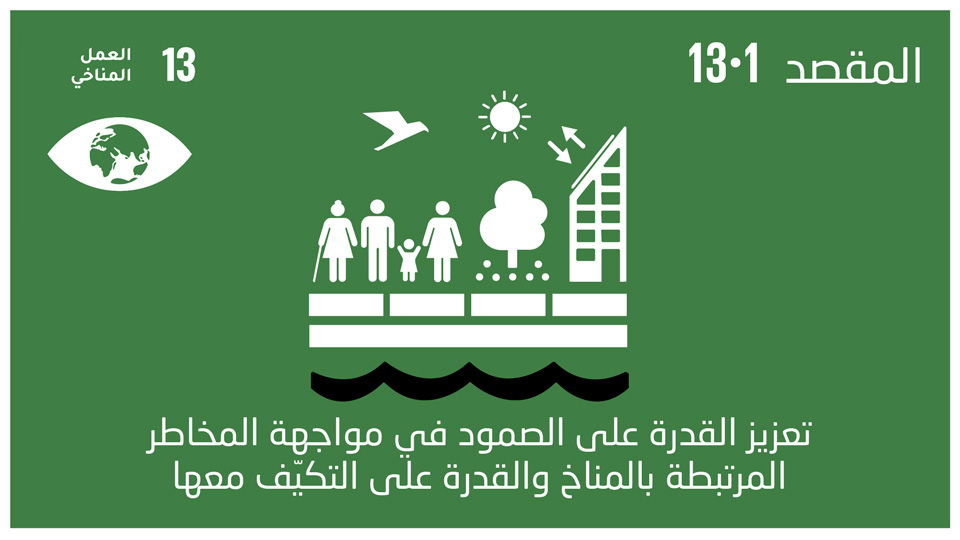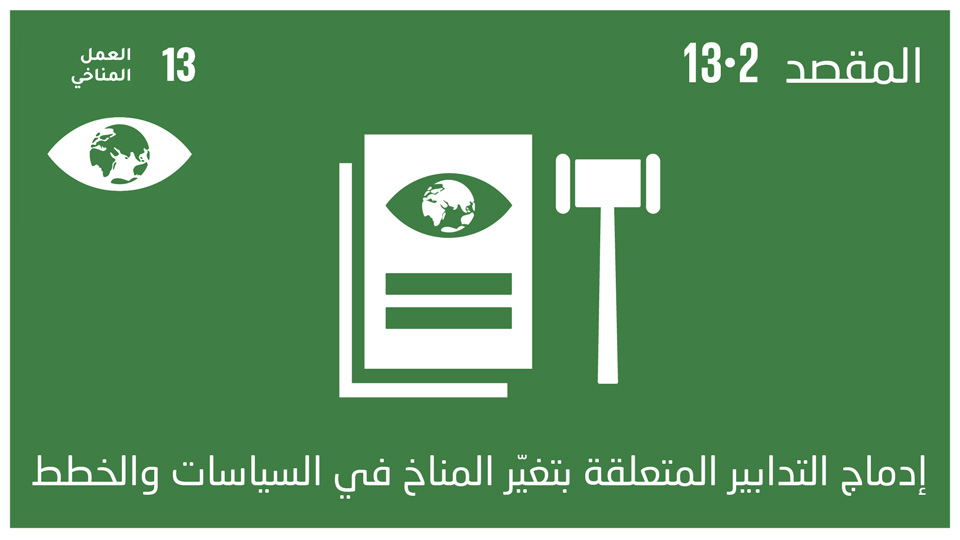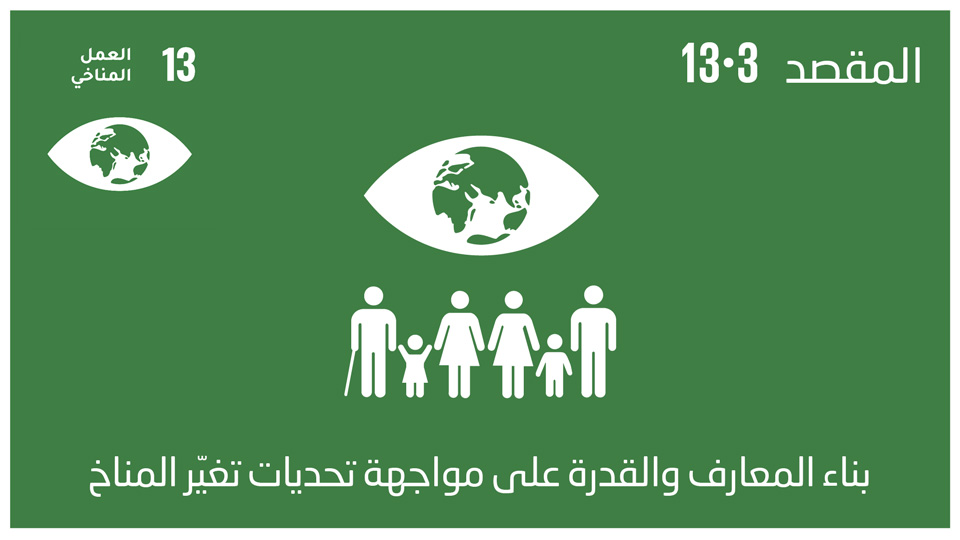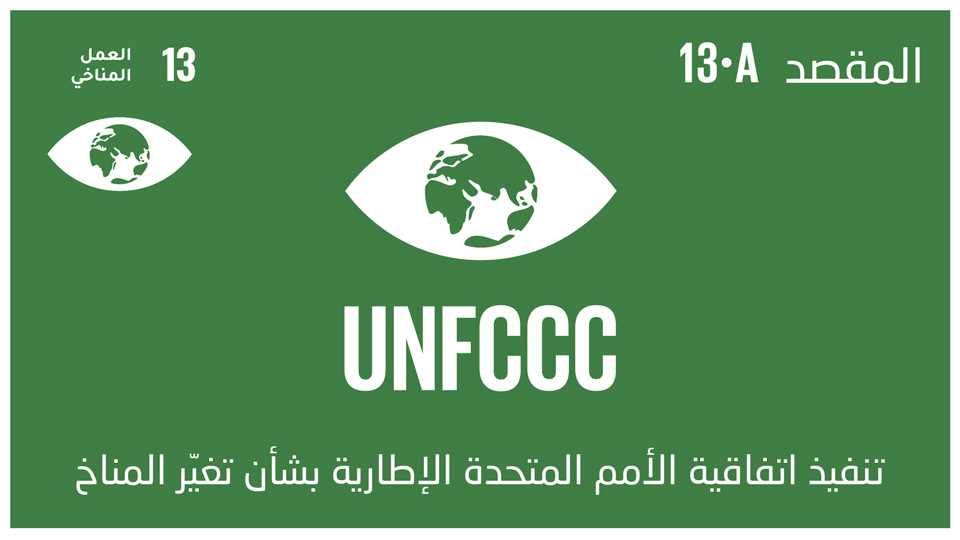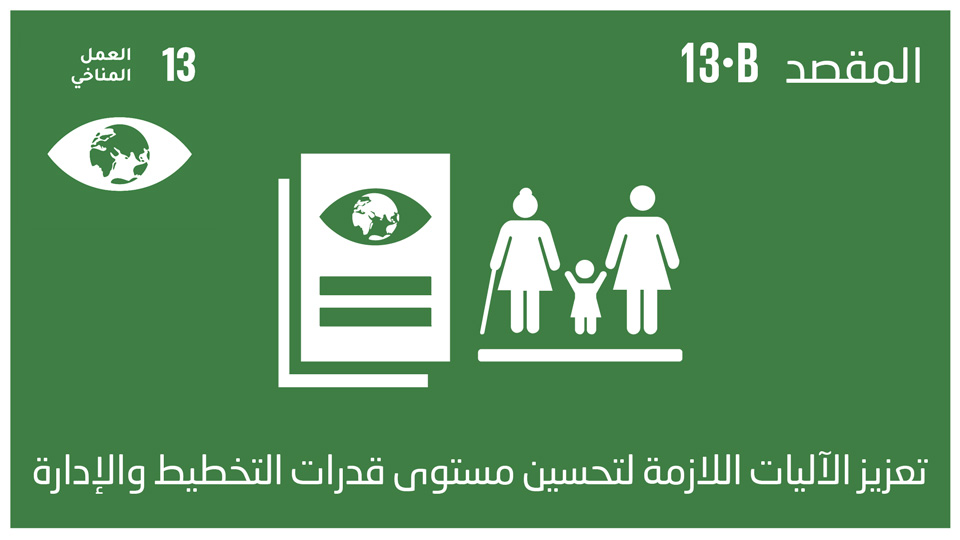The report confirmed that the amount of agricultural waste in Egypt is about 35 million tons, including plant and animal waste, of which about 7 million tons of feed and 4 million tons of organic fertilizer are used, leaving behind 12 million tons of plant waste that is not used. The report indicated that due to the lack of a clear vision and strategy for dealing with agricultural waste, both plant and animal, This led to the disposal of these wastes through open burning, which leads to many health problems, especially for children, the elderly, and pregnant women, especially diseases related to the respiratory system, ophthalmia, and skin diseases.
By collecting and throwing it on drains and canals, which increases the load of pollution in the air and waterways. The report explained that getting rid of reed safflower, cornstarch, cottonwood, reeds, etc. through burning causes environmental pollution and the appearance of a black cloud. Leaving it unburned clogs the waterways and exposes the community to fires because it is stored in rural homes, indicating that due to political interest With this phenomenon, the government agreed to develop a national program within the investment plan of the Ministry of Environment to deal with agricultural waste.
Ibnub Center depends on agriculture as a main craft of income, especially for smallholders and daily labor as their only source of income. With the fragmentation of holdings, the income of small farmers has weakened, especially with the high prices of agricultural services, such as land preparation, seeds, fertilizer, and harvesting operations, which has made agricultural work unprofitable. And expensive for small farmers
Therefore, the project works to improve the income of small farmers by exploiting agricultural waste by shredding it and turning it into organic fertilizer, which provides good organic fertilizer for farmers (compost) and also solves the problem of environmental pollution and reduces the accumulation and burning of waste.
Agricultural waste, after being chopped, can be converted into animal feed or organic fertilizer using a specific technology, which limits the formation of black clouds as a result of burning agricultural waste, which leads to global warming, which has the largest role in climate change.
The direct target group of the project :
A number of 300 small farmers and tenants of less than three acres, men and women, on farms in the city of Abnoub, have the ability to participate in the project for their needs to increase their income by converting agricultural waste into organic fertilizer
The project's indirect target group :
450 sons, wives and relatives of farmers have been raised aware of the dangers of burning agricultural waste and its impact on the environment and health and their income has been increased through recycling agricultural waste and providing agricultural crops of higher quality than crops that rely on chemical fertilizers
